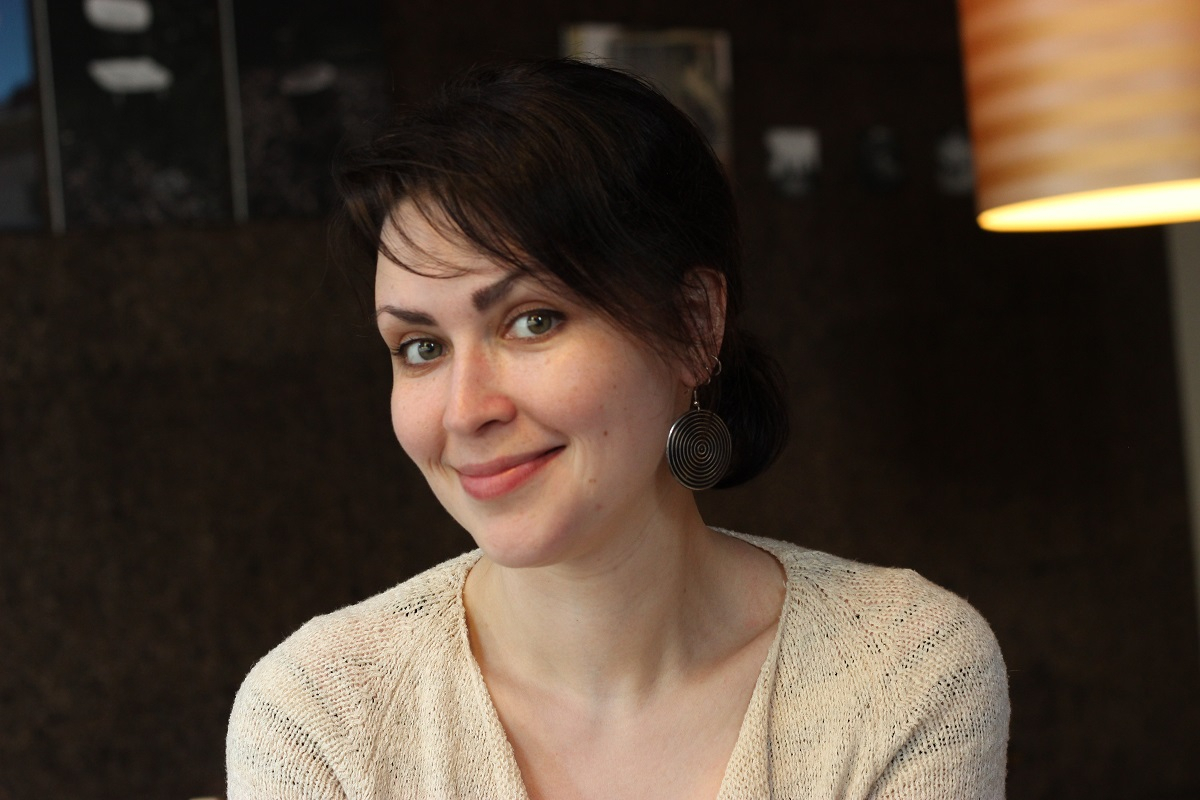SPbU Historian Reports on her Research at Cambridge

The University of Cambridge hosted an international academic conference Remembering the Reformation. The conference was attended by Nina Adamova, Candidate of Historical Sciences, Assistant Professor of St Petersburg State University, who read a paper about English separatists. She shares her experience at the event.
You took part in the conference which reported the results of work conducted for several years by a team of scholars. Was it difficult to get in?
Last year I presented my report at a biennial conference at Newcastle University – Reformation Сolloquium. One of the participants – Alexandra Walsham, Professor of the University of Cambridge and a renowned scholar – invited the speakers to join her project, the conference Remembering the Reformation. My application was successful and I joined 100 other scholars from across Europe, the USA, and Asia including world’s top researchers in history, literature, and the memory of the Reformation.
What makes the conference Remembering the Reformation so relevant?
Like Russians who still commemorate the February and the October Revolutions, in 2017 Europeans celebrate the 500th Anniversary of the Reformation. The conference marking this jubilee was organised by scholars from the University of Cambridge and York University.
It is vital that the conference did not focus on the Reformation as a phenomenon, but, rather, on how it is reflected in the collective memory which, in most cases, fails to provide up-to-the-minute information.
Nina Adamova, Assistant Professor of St Petersburg State University
In recent decades Europeans have been extremely favorable of this era. This opinion is reflected in popular science literature, even textbooks. It is viewed as a source of democracy, liberalism, individualism, and other modern values. That is absolutely not the case. Historians are well-aware that at different stages of the Reformation churches limited internal and external freedom of people, denounced tolerance, demanded submission, enforced regulations. It was a complex multifaceted process. We cannot give it a single interpretation of the phenomenon which laid the foundation for the modern Western world.
What was your paper about?
I have reported on the research in religious migration of the 17th century. The separatists were severely critical of the Church of England. Their numbers were small. Most of them fled to the Netherlands or the USA. Despite that, their movement increasingly became a topic for discussion in the first half of the 17th century. The most well-known separatist community is represented by the Leiden Separatists, who founded the Plymouth Colony in America. They marked the history as Pilgrim Fathers commemorated in the collective memory as forefathers of the American nation.
English contemporaries, including nonconformists (Radical Puritans), disavowed any connection with the Separatists. Historians of the second half of the 17th and 18th centuries forgot about them completely and the movement received no mention in scholarly works on the English Reformation. It is really interesting since, if we consider their religious principles, separatists did not differ much from other the-then radical puritans. Moreover, they promoted the ideas of Congregationalism which, in the 1640s, were embraced by the Independents. Here, we have another case with the collective memory. Considering the ideological climate of England early in the century, we can make an assumption that people, who were ready to make a radical step and separate from the Church of England, were regarded by those who remained in the fold of the church as “others”, as a negative example of unacceptable radicalism.
You graduated from SPbU. As a student, you took part in international conferences. Do students have this opportunity now?
As St Petersburg State University has an extensive partnership with foreign historians, students stand a good chance of joining an interesting academic event. Concerning my specialisation - Modern and Contemporary History – for ten years now my colleagues and I have conducted Russian-Polish conferences with the University of Wrocław. Besides, since 2012 we have held annual Russian-German academic events with the historians from Greifswald. These conferences target young scholars, so they welcome undergraduates and post-graduates. The annual academic meetings are hosted by SPbU and a foreign partner university in turns. Besides, students can take part in a more “mature” conference – Nordic Challenge Conference in Helsinki (Finland), organised by the scholars from the University of Helsinki.

